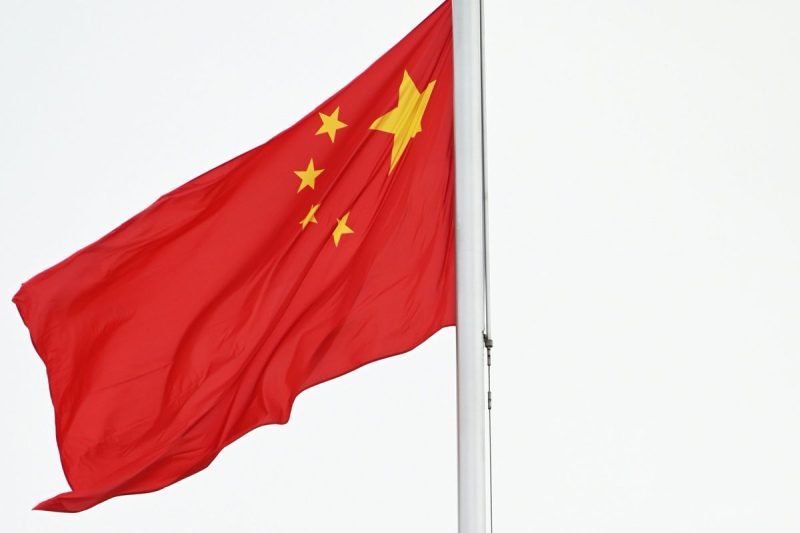China Tightens Grip on Strategic Minerals with New Antimony Export Controls
The global economy relies heavily on strategic minerals for various industries, and China plays a crucial role in supplying many of these essential resources. In recent years, there have been growing concerns about China’s dominance in the supply chain of strategic minerals and the potential impacts it could have on global trade and security. Antimony, a critical mineral used in a variety of industrial applications, has been at the center of this debate.
China’s recent decision to tighten its grip on antimony exports through new export controls has raised alarms among importing countries and industries dependent on this mineral. The move comes as part of China’s broader strategy to assert control over key resources and strengthen its position in the global market.
Antimony has a wide range of applications, including the production of flame-retardant materials, batteries, and various alloys. As such, it is considered a strategic mineral with significant implications for the economies and security of many countries. China, being the largest producer and exporter of antimony, holds considerable leverage over the global supply chain of this critical resource.
The new export controls imposed by China include stricter regulations on the export quota, export tariffs, and quality standards for antimony shipments. These measures aim to limit the outflow of antimony from China and ensure that domestic industries have access to an adequate supply of this essential mineral.
However, the tightening of antimony exports by China has sparked concerns among importers and industry stakeholders who rely on a stable supply of this mineral. Many fear that disruptions in the antimony supply chain could lead to price spikes, shortages, and challenges for industries that depend on this critical resource.
Furthermore, China’s tightening grip on antimony exports could have broader geopolitical implications. As China solidifies its control over strategic minerals like antimony, it strengthens its position in global trade and security. This could potentially give China greater leverage in negotiations with other countries and industries that depend on these resources.
The international community is closely monitoring China’s actions regarding antimony exports and its broader strategy for controlling strategic minerals. Many countries and industry players are exploring ways to diversify their sources of critical minerals and reduce dependence on China to mitigate the risks associated with a single dominant supplier.
In conclusion, China’s recent measures to tighten its grip on antimony exports underscore the importance of strategic minerals in the global economy and the need for diversified supply chains to ensure stability and security. As China continues to assert control over key resources, importing countries and industries must be vigilant and proactive in safeguarding their access to critical minerals.
